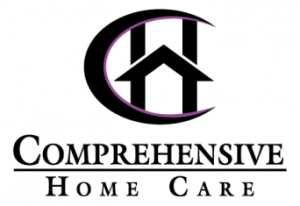Signs Your Loved One’s Dementia is Worsening
The thought of a loved one developing dementia is scary to anyone, yet it happens all too frequently. You need to know the signs and symptoms to look for so that you know when your loved one’s dementia worsens. These symptoms do not always mean that the patient is in the later stages.
When your loved one’s dementia worsens you’ll notice these signs:
Memory loss
Memory loss in the later stages of dementia is usually severe. The patient may not recognize people that are extremely close to them. It is also possible that your loved one will start thinking you are someone from their past.
Problems communicating
In the later stages of dementia, your loved one may have a hard time communicating with you or stop communicating altogether. They may utter a single word every now and then or even cry out. Remember, however, that verbal language is only one form of communication and your loved one may be able to tell you what they want through gestures.
Weight loss
In many cases, the weight loss can become drastic in the later stages. It is possible for your loved one to forget how to chew and swallow; at this point, you will need to look further into dementia home care if you have not already.
Behavior that is Unusual
In the later stages of dementia, many patients may act strangely. This puzzling behavior will be different for every patient. However, here are some of the most common unusual behaviors.
- The patient may become agitated and confused mostly in the afternoon and the early evening. This is often referred to as sundowning.
- Often the patient can become aggressive and aggravated if they feel threatened or they are confused about what is going on around them.
- It is possible for the patient to have hallucinations.
- It is possible for the patient to start feeling restless and need more exercise.
These are just a few of the signs to look for when your loved one’s dementia is worsening. Just remember that these symptoms do not have to mean that your loved one is in the latter stages, their symptoms are just worsening and you may need to get professional help. Click here to learn about the dementia services Comprehensive Home Care provides. Contact us here or call us at 704.333.5214 to speak with a specialist.
Check out Three Signs That Your Family Member’s Dementia Requires Outside Help to learn more.
